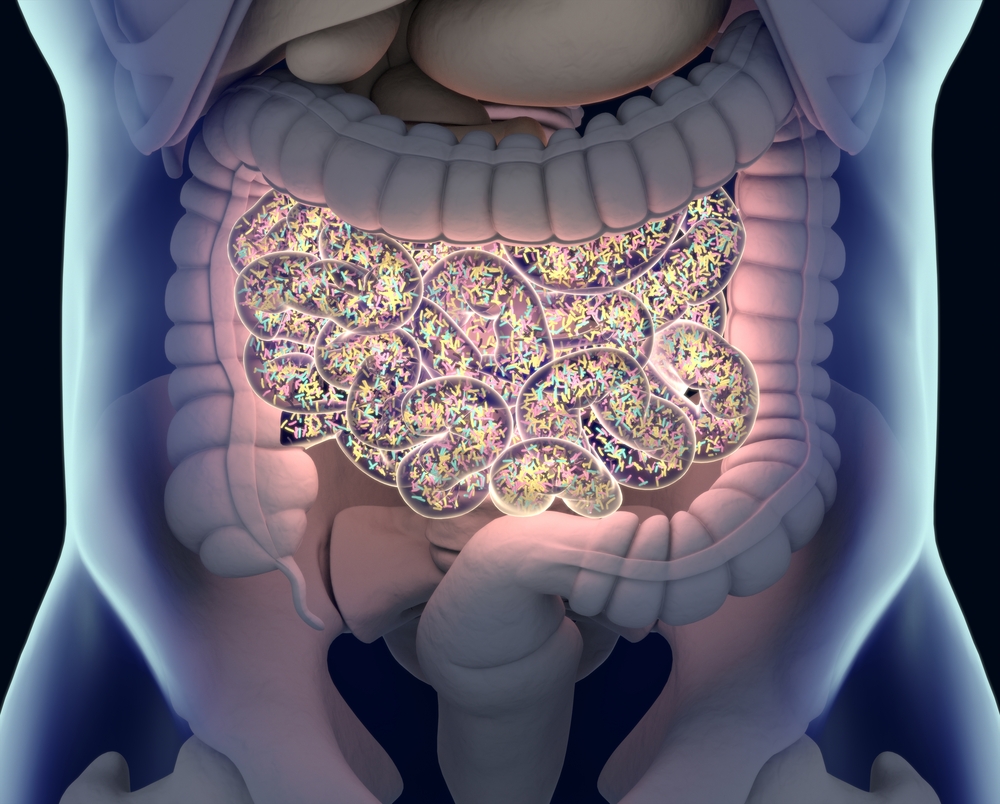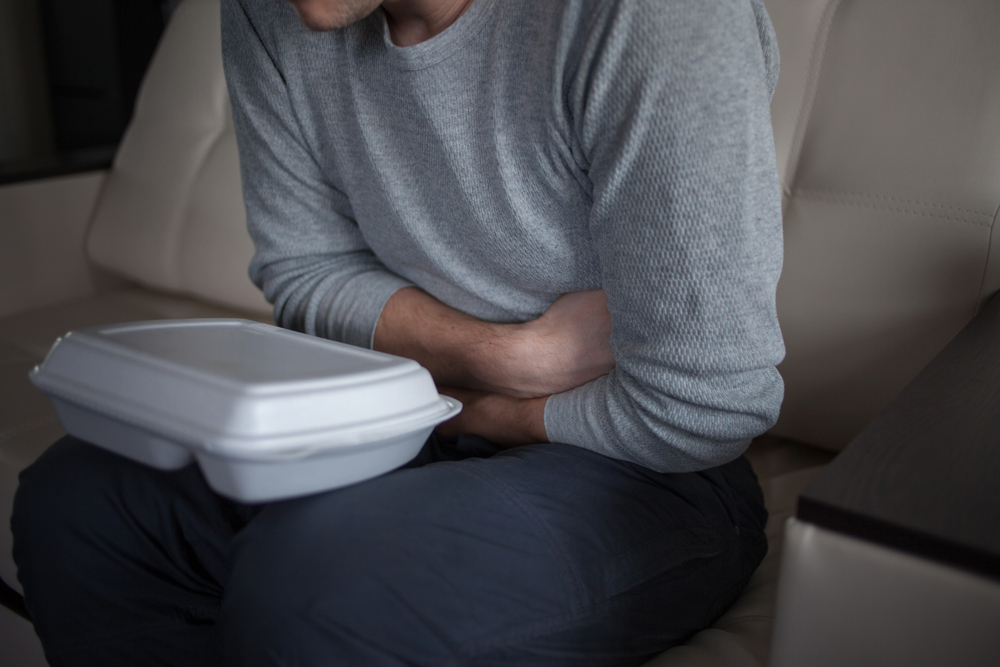Colitis is a group of chronic digestive diseases. Some of them can be temporary, while others can be chronic. Colitis occurs when there is inflammation in the inner lining of the colon. The colon is the last part of the digestive tract.
When there is inflammation in the colon it can cause a lot of trouble with the end of the digestion process. Inflammation is the body’s reaction to either an infection or injury.
There are different types of colitis. Some types are easy and treatable while others are chronic and difficult to treat. Some types of colitis may not go away. Some types of colitis are Ulcerative colitis, Crohn’s colitis, Diversion colitis, Ischemic colitis, Infectious colitis, Fulminant colitis, Collagenous colitis, Chemical colitis, Microscopic colitis, Lymphocytic colitis, Atypical colitis, and Pseudomembranous colitis.
Causes Of Colitis
The different types have different causes. Infectious colitis is caused by a virus, parasitic, or bacterial infection. Examples are Salmonella, or E. coli. This type of colitis is usually gotten from drinking or eating contaminated foods. It usually goes away on its own but in some severe cases someone may need to take antibiotics.
Pseudomembranous colitis is caused by the bacterium C. diff. This is often gotten from taking antibiotics.
Allergic colitis affects breastfeeding babies. The baby can get this from ingesting food intolerances like dairy milk, or soy milk.
Ischemic colitis is caused by intestinal ischemic syndrome. This is when the intestines aren’t getting enough blood supply. This can be caused from the blockage of blood vessels from a blood clot, aneurysm, or atherosclerosis.
Inflammatory bowel diseases are a group of conditions that are chronic digestive conditions. Examples of these are ulcerative colitis, microscopic colitis, or Crohn’s colitis. They are a type of autoimmune disease. Autoimmune diseases are caused by genetics or environmental triggers.
Radiation colitis is a side effect of radiation therapy.
Diversion colitis is a side effect of having a colostomy.
Symptoms Of Colitis
Symptoms range from mild to severe. Some symptoms come and go. If you suffer from chronic colitis symptoms may be more present.
Many symptoms of colitis are abdominal pain, bloated stomach, urgent diarrhea, mucus or blood in the stool, loss of appetite, weight loss, aches and pains. Some types of colitis may cause constipation instead of diarrhea. You may also experience nausea, vomiting, fever, gas, indigestion, heartburn, or GERD.
If you suffer from chronic colitis you may also suffer from fatigue, anemia, dehydration, malabsorption, or malnutrition.
Diagnosing Colitis
Diagnosing colitis can be done with a number of different tests. Your doctor is most likely to start with a physical exam. Then move on to other tests. These may include a blood test, and a stool test. Imaging tests may be done such as an MRI, CT scan, or Xray to look at the colon.
Endoscopic procedures like a colonoscopy or flexible sigmoidoscopy can also be done to take biopsies of the colon if the doctors feel like it is necessary.
Treatment Options For Colitis
Treatment depends on the type of colitis you have. It also depends on your age, and overall health.
Bowel rest may be suggested. This is when you limit what you consume. Limiting your diet, eating easy to digest high fiber foods. If you have chronic colitis you may have a specific diet to follow. Avoiding foods that trigger your colitis is important too.
Supplements may be important if you suffer from any food deficiencies.
Medications can be prescribed to help with treatment. Anti-inflammatory medications, antibiotics, immune system suppressors, pain medications, antidiarrheal, or antispasmodic drugs.
In some cases surgery may be a treatment option if other treatments don’t work. Surgery usually entails removing part of the colon or rectum. Surgery options are ileal pouch-anal anastomosis, proctocolectomy, ileostomy, or continent ileostomy.
Lifestyle Habits To Help Control Colitis
Colitis flare ups can still happen in chronic types of colitis. You may have weeks between flare ups, or even months. Learning what aggravates your flare ups can help.
Keep a food log to keep track of any foods that may cause your flare up. Foods that have been shown to cause aggravation in patients with colitis are alcohol, caffeine, carbonated beverages, dairy, beans, peas, legumes, dried fruits, berries, hot sauces, spicy foods, nuts, nut butters, raw vegetables, refined sugars, and seeds.
Talk with your doctor about your fiber intake and make sure you are getting enough.
Diet changes may need to happen. You may need to eat smaller meals more frequently.
Increase your activity levels if you can.
Learn ways to manage stress, meditation, yoga, or mindfulness.
Make sure you take your medications as prescribed.
The only way to stop flare ups is to have surgery.
Don't let digestive issues control your life! Learn about the many types of colitis and coping tips! #HealthSurgeon
READ MORE: Digestion: Healthy Habits
Sources:
https://www.gwhospital.com/colitis#:~:text=Colitis%20is%20a%20chronic%20digestive,causes%20of%20an%20inflamed%20colon.
https://my.clevelandclinic.org/health/diseases/23384-colitis
https://www.healthline.com/health/colitis#when-to-seek-help
https://emedicine.medscape.com/article/927845-overview









